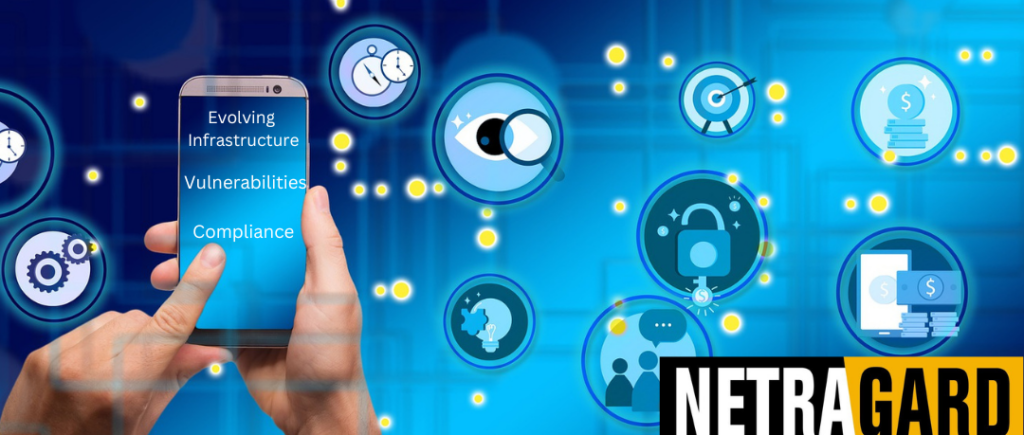Many organizations ask the simple question, should I undergo an annual penetration test? Penetration testing is the best way for an organization to identify the vulnerabilities that could impact a company’s confidentiality, integrity and/or availability of data before being exploited by a bad actor. Penetration testers use the same tools and techniques as a cybercriminal to identify the vulnerabilities in an organization’s defenses that are most likely to be exploited.
Why Undergo an Annual Penetration Test?
How frequently should companies undergo a penetration test? Ideally, an organization should undergo penetration tests at least annually for a few different reasons. The following are four reasons for frequent testing.
Evolving Infrastructure
Modern corporate IT infrastructures evolve rapidly. Cloud computing makes it possible to rapidly spin up and take down infrastructure. DevOps and agile design methodologies enable applications to change rapidly. Technological innovation connects new types of devices to corporate networks.
All of these changes have the potential to introduce new risks and vulnerabilities. An annual penetration test enables an organization to identify these risks and take steps to remediate them. Less frequent testing can result in a company building up security debt and increases the opportunities for cybercriminals to attack an organization’s systems.
Newly Discovered Vulnerabilities
All software has bugs. New bugs are discovered on a regular basis. In 2021, over 28,000 new vulnerabilities were discovered, and 2022 is on track to surpass that number.
Ongoing vulnerability research and discovery means that software and systems that were considered secure yesterday may be a security liability tomorrow. Regular penetration tests provide insight into the vulnerabilities in their systems and provide strategies for remediating these issues and reducing an organization’s cybersecurity risk exposure.
Regulatory Compliance
Most companies are subject to compliance with a broad variety of regulations and standards. Companies that collect and process payment card data for financial transactions must comply with the Payment Card Industry Data Security Standard (PCI DSS). The EU’s General Data Protection Regulation (GDPR) and other data privacy laws mandate certain protections for customer data. In many sectors, additional industry-specific laws such as the Health Insurance Portability and Accessibility Act (HIPAA) and anti-fraud and anti-money laundering laws exist as well.
In some cases, regulations and standards require annual assessments, making an annual penetration test necessary for compliance. For the rest, penetration testing can be invaluable for identifying the vulnerabilities that would lead to non-compliance and preventing data breaches or other security incidents that could result in regulatory penalties.
Strategic Planning
Companies face a variety of different cybersecurity threats, and there are a variety of different tools and solutions out there to protect against these threats. It’s financially impossible to buy one of everything, and doing so would be a bad idea if it was possible.
Cybersecurity investments and strategic planning should be based on an understanding of an organization’s security risks and how to maximize the return on investment of security investments. Regular penetration tests can provide an organization with visibility into its risk exposure and an understanding of the main threats that it faces. This information is crucial to the ability to develop a cybersecurity investment that optimizes the use of security budget.
Planning a Penetration Test with Netragard
A penetration test provides an organization with visibility into its security risk and what it needs to do to maintain regulatory compliance and protect itself against cyberattacks. While more frequent assessments are always better, penetration tests should be performed at least annually to keep the company up-to-date on its current risk exposure.
Penetration tests should also be tailored to an organization’s IT infrastructure and security needs. For more information about planning a penetration test or to schedule your next one, feel free to reach out today.






